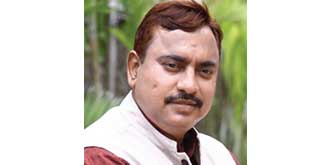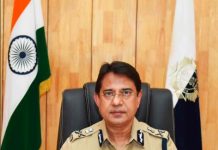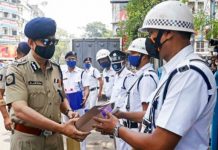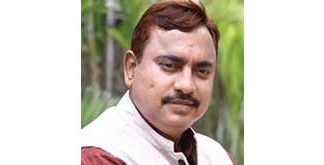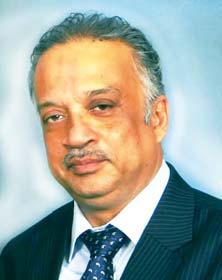 It is worrying yet true, that heart problems are becoming as commonplace , as to effect one in ve adults. The warning bells were sounded more than a decade back, but we seemed to bit casual about prevention. The heart is the only organ that never gets a moment’s rest. Consider the herculean job done in pumping ve litre of blood per minute,- hundred thousand times an day across blood vessels that can go around the world three times! That is the sheer power this little 300gm machine packs itself, more enduring and efcient than any device so far designed by man… and thank fully does not need to recharge every 8 hours!
It is worrying yet true, that heart problems are becoming as commonplace , as to effect one in ve adults. The warning bells were sounded more than a decade back, but we seemed to bit casual about prevention. The heart is the only organ that never gets a moment’s rest. Consider the herculean job done in pumping ve litre of blood per minute,- hundred thousand times an day across blood vessels that can go around the world three times! That is the sheer power this little 300gm machine packs itself, more enduring and efcient than any device so far designed by man… and thank fully does not need to recharge every 8 hours!
This bundle of power runs on its muscles which require 300 ml of blood per minute. Carelessness with our diet causes deposition of fat and ‘dirt’ on the walls of the blood vessels that supplies blood to the heart. As the blood vessels clog up the severe decit of blood is a drought situation for the heart. The muscle weakens… and at the most severe stage causes sudden disasters- the dreaded Heart attack!
We need to enjoy our food but with caution. Excess of carbohydrates, fat and oils will eventually lead to the process of deposition. Have rice no more than once a day and no more than half a litre of oil per person, per month. Avoid heavy meals late in the evening. Heart problems go hand in hand in diabetes (affecting every third Indian).
After 30years of age have the blood sugar and lipids checked twice a year. Do remember that 75% of Indian becomes diabetic in adult life. I am sure that smoking gives some pleasure but that comes at a high cost later in our lives. Do implore the youngsters in senior school and college to stay off tobacco. It is harmful in any form- cigarettes, bidi, paan masala, the whole lot.
Sadly, heart diseases in women are detected very late. So if a lady at home complains of chest pain or breathlessness please pay as much heed as you do for anyone else.We do love to be lazy, but 15-20 minutes of daily exercise is invaluable in keeping us in good shape. Try not using lifts till the third oor and sweat it out for 20 min every day. Let us not wait for the symptoms. The rst twinge of pain does not mean the beginning of problems. It signals the end of tolerance. It had started much earlier than we think it did.
Yearly catch up with our nearest doctor with blood tests/ ECG and Echo will save us many a disaster. If further tests are required, I am sure the doctor will advise. For diabetics it is as important to have a cardiac, kidney, eye, checkup every year, as it is to control sugar. Finally I will suggest everyone, “Eat to live and not live to eat”.
Dr. Kunal Sarkar

